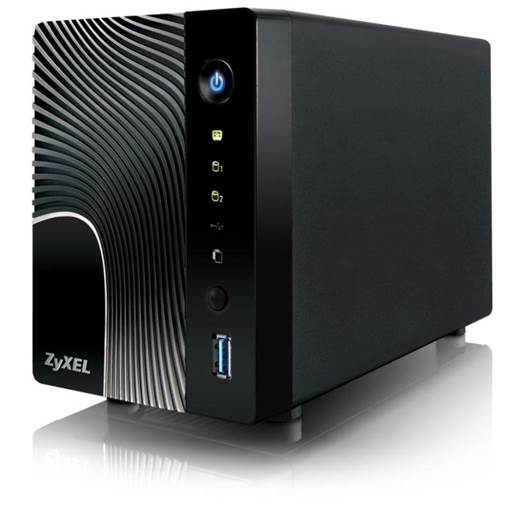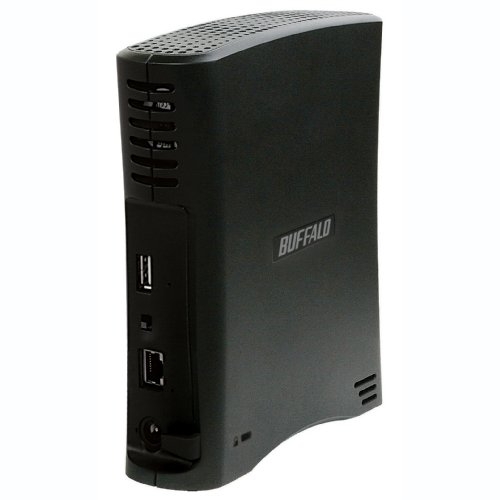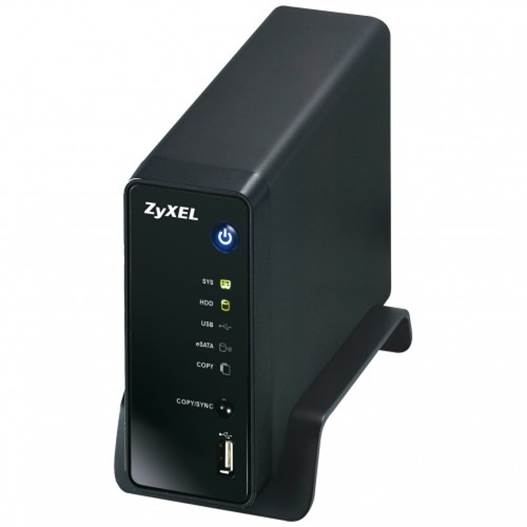Network attached storage allows you
to expand your file sharing capabilities, but what are the best NAS devices
around? We find out
The general move towards solid-state
storage in home computing devices (whether they’re laptops, smartphones or
tablets) means that after years of being dirt cheap, storage space is once
again priced at something of a premium. Increasing the space in a phone or
tablet from a meager 16GB to a marginally less meager 64GB can cause the price
to double - a galling prospect when a 2TB mechanical hard drive can be picked
up for around $160.
Worse still, the increasing resolution and
quality of commercial media means that the entertainment we actually use our
computers to view takes up more space than ever. The experience is universal:
devices becoming full and media being deleted and re-downloaded.
Network-attached storage (NAS), however,
can offer you an alternative to the cycle of frustration. NAS devices attach to
a network, acting as a stand-alone file server. They give you a place to store
large files and run the software you need to stream those files direct to your
PC or smart device on demand.
In some cases, you can even do so over the
internet, meaning you don’t even have to be in the same country to gain access
to your beloved files. Cross-compatibility means NAS devices can allow easy
access to data regardless of device manufacturer or operating system make
(something you’ll appreciate if you’ve ever tried to share files between a Mac
and PC, or Windows and Linux). They require very little technical knowledge to
set up, and they’re cheaper, quieter and smaller than dedicated file server
systems.
Admittedly, there are disadvantages to
using network-attached storage instead of local storage -an increase in network
traffic, the potential speed limitations of certain types of wireless networks
and a greater expense to run - but in general, the benefits outweigh the
problems. If you’ve never looked into buying a NAS device, we have the details
here to help you pick the right one.
How Much Should You Spend?
If you have a spare hard drive hanging
around, then good news - you can get a NAS device up and running for as little
as $57. All you have to do is buy a drive-free NAS bay. These contain the
software and most of the hardware you need to run a NAS device, but are vastly
cheaper because they contain no actual storage.

ZyXEL
NSA325
If you can provide the remaining component
of a hard drive, it’s undoubtedly the least expensive way to get a NAS up and
running.
Don’t spend much more than $73, though.
High end NAS bays contain space for multiple hard drives and additional
hardware (such as memory modules to improve their caching capabilities), but
these are designed for business use and are far more sophisticated than a home
user would need.

Buffalo
Linkstation Live
For a home NAS device with a 1TB hard
drive, you should currently expect to pay around $146. Any more than $195 is
pushing it; the features at this level don’t really justify the extra cost and
you’d be better off spending your money on buying one with a larger hard drive.
After all, 1TB isn’t actually that big, relative to the 6TB monsters at the
other end of the market. Also, remember that 1TB is only a lot of space when one
person is using it. It probably won’t take more than a few networked users to
fill 1TB of storage, especially if you’re centralising things like music and
videos!
That said, even the most expensive home NAS
devices clock in at around $652, we’d actually advise you to stick as close to
the bottom end of the market as possible. While 1TB devices cost less than
$160, most 2TB devices are clustered around the $326 mark, made more expensive
by their dual-bay technology. In some cases, it’s actually cheaper to buy two
1TB devices than a single 2TB device. If you’re looking for 2TB or more for
home use, try not to spend more than $293.
What Make/Model/Manufacturer Should You Look For?
There are many NAS brands around, some of
them closely associated with network technology, but most of them are still
targeting their products at the corporate and enterprise market only. Home
users can stay confident by sticking to one of the two major brands: Buffalo
and Western Digital. Anyone else is probably making business hardware.

NSA310
The biggest exception to that rule concerns
those looking for empty NAS bays aimed at the home market. The best
manufacturer of these devices is ZyXEL. Its NSA310 is a cheap, single-bay drive
housing that can contain hard drives of up to 3TB, and is available for under
$65. Its older brother, the ZyXEL NSA325, has two drive bays and costs closer
to $130. Both are USB 3.0 compatible and certainly worth a look if you want to
take control of your own setup on the hardware level.
If you’re hoping to buy one with a drive
included, the Buffalo Linkstation Live (1TB) is a good entry-level choice,
costing only $130. For $65 more you can get a Linkstation Pro (1TB), which has
four times the cache and offers twice the transfer speeds. At higher capacities,
the WD My Book Live contains one 3TB drive and costs only $269 - far better
value than almost any other home NAS device can offer but it also suffers from
poor customer feedback.
While it’s tough to ignore the excellent
value it offers, we strongly recommend doing your research before spending any
money on one in case you’re ill-equipped to survive hardware failures or iron
out configuration problems.
“Don’t get too hung up on paying extra for
the hardware alone”
Ultimately, though, if we had to recommend
one, the Buffalo LinkStation Pro 3TB version may have an RRP of $524, but shop
around and you’ll be able to pick it up for $326 or less. It’s almost as cheap
as a 3TB My Book, but with substantially better performance. Admittedly, it’s
expensive, but if you find money a secondary concern to value, it’s definitely
the one to go for.